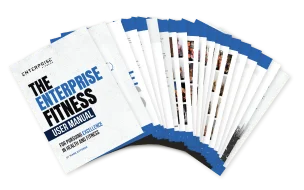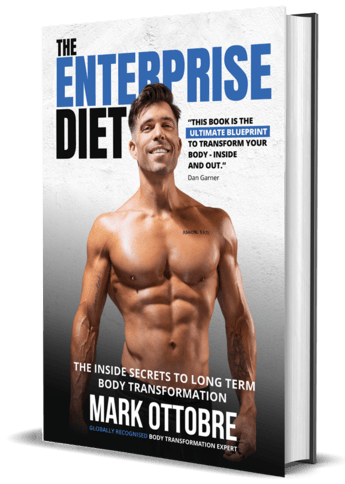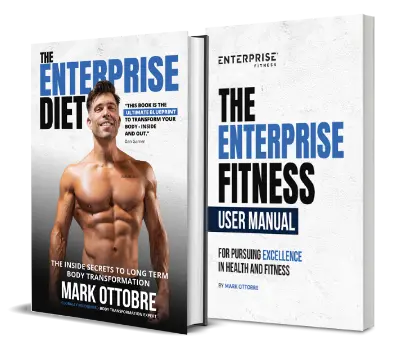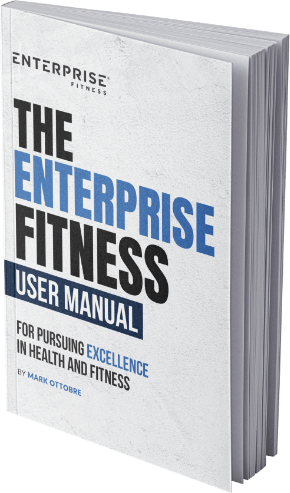Would love to know your thoughts, intermittent fasting (IF) vs. three hourly meals/snacks? – Emily Dignam
My thoughts… hmm well lets see…
This is really all about context. You see we must consider the context of each of these “sound bites of information” before we apply them to our lives.
Example, if you want to be a 95-kilo bodybuilder at 5% body fat, intermittent fasting will not get you there. That’s for sure.

If you want to live a reasonably healthy lifestyle, and need an excuse for not eating, intermittent fasting just might be that excuse you’re looking for.
It’s really about what level of results you’re looking to achieve.
If we approach this as to what is optimal for body composition, I would not use intermittent fasting. I have always found, it’s more food that get people lean. In fact, I always find best results when people don’t snack and eat 5 to 7 meals a day. When I say meals I do mean meals that indeed contain protein. (Protein shakes are not meals. And that is why you call them shakes.)
However, if you are looking for a lifestyle friendly routine that gives you an excuse not to eat, intermittent fasting certainly fits the bill. Additionally, my answer will vary depending on whose definition of IF you use and what specific protocols they outline.
In a nutshell:
- ‘Missing a meal’ is not IF and it certainly is not the end of the world (and no, your metabolism won’t slow down, I’m sure it will work fine the next time you eat.)
- If you purposely go hungry, only to eat two meals a day because you believe it’s better for body composition, I believe you’re sadly mistaken.
- If you’re following IF for a competition, I believe you should reconsider your plan.
- If you’re a female, research points out that IF is most damaging to you. My added thoughts are that if you look at it from an evolutionary perspective, children and women were the last to go without food. Men were the first to go hungry (good blokes we were). But then again, a hunter-gather society weren’t really all that concerned with a beach body.
Points on snacking:
- 3 meals a day is actually quite a modern concept. As I like to know the history of everything food related, the earliest origin in print of “3 square meals a day” was in 1856 in California (earliest recorded printing of the written term ‘3-square meals’). Its sometimes claimed that “square meal” comes from the England’s Royal Navy where meals were allegedly served on square wooden plates (and such plates do exist).
Before then, it was just referred to as getting something to eat.
Question?
Where did you get the above point from Mark?
Let me save you the Facebook message, click here: http://www.barrypopik.com/index.php/new_york_city/entry/square_meal/
Again, the royal Navy’s goal wasn’t exactly to have all its members sitting at 8% body fat and 90 kilos of muscle. This eating behavior is not indicative of what is optimal for body composition.
- Snacking, as the television calls it, is, in my opinion, an invention of the media sold to people looking to lose weight. It does nothing for your physique except make you hungrier and disrupt normal appetite. Note: “snack size” really means ‘perfect food to kick start a binge’.
To put a bottom line on it…
- I wouldn’t snack for optimal body composition
- I wouldn’t use IF for optimal body composition
- I WOULD eat regularly for optimal body composition and as rhythmic as possible to avoid constipation.
- If you’re someone who regularly ‘misses’ meals, you’re actually not doing IF. You’re either too busy to eat, or have no appetite. Both of which are fine if you’re happy with the level of results you have achieved. If you’re looking for something extra, seek professional help and plan your food.
Mark Ottobre
Owner and Director
Enterprise Fitness




